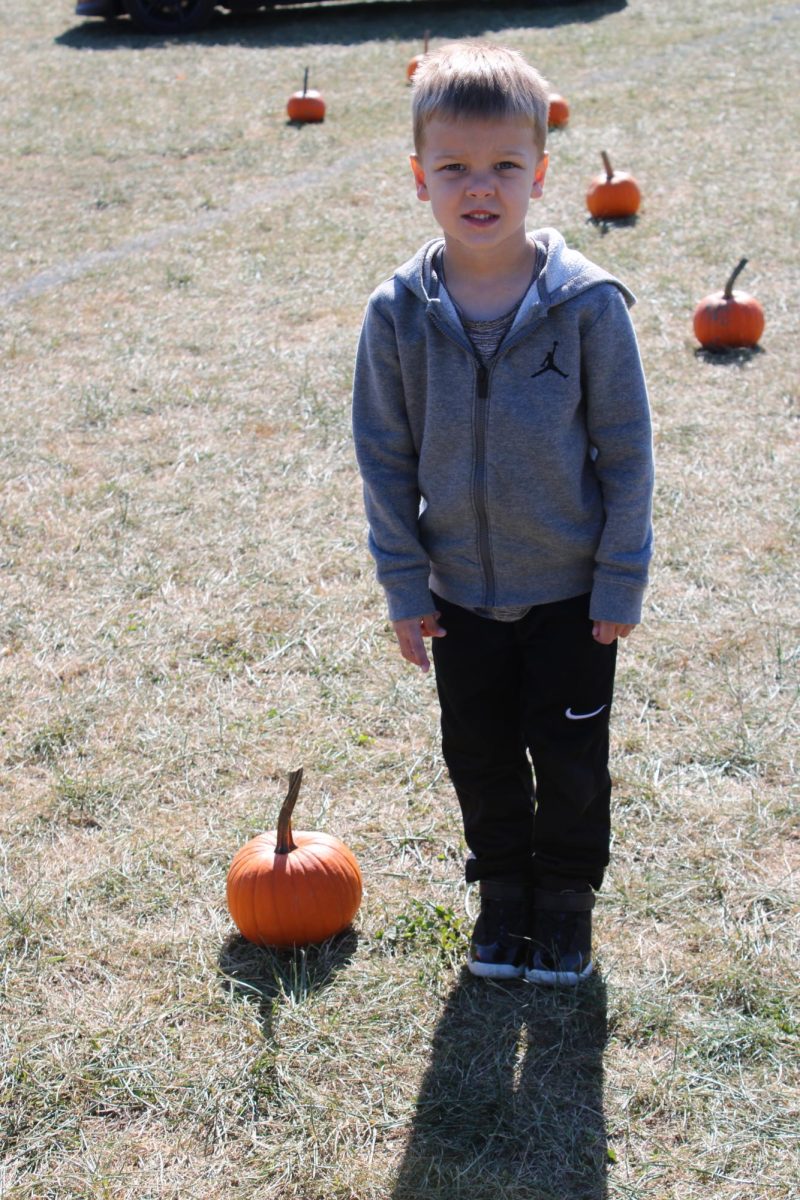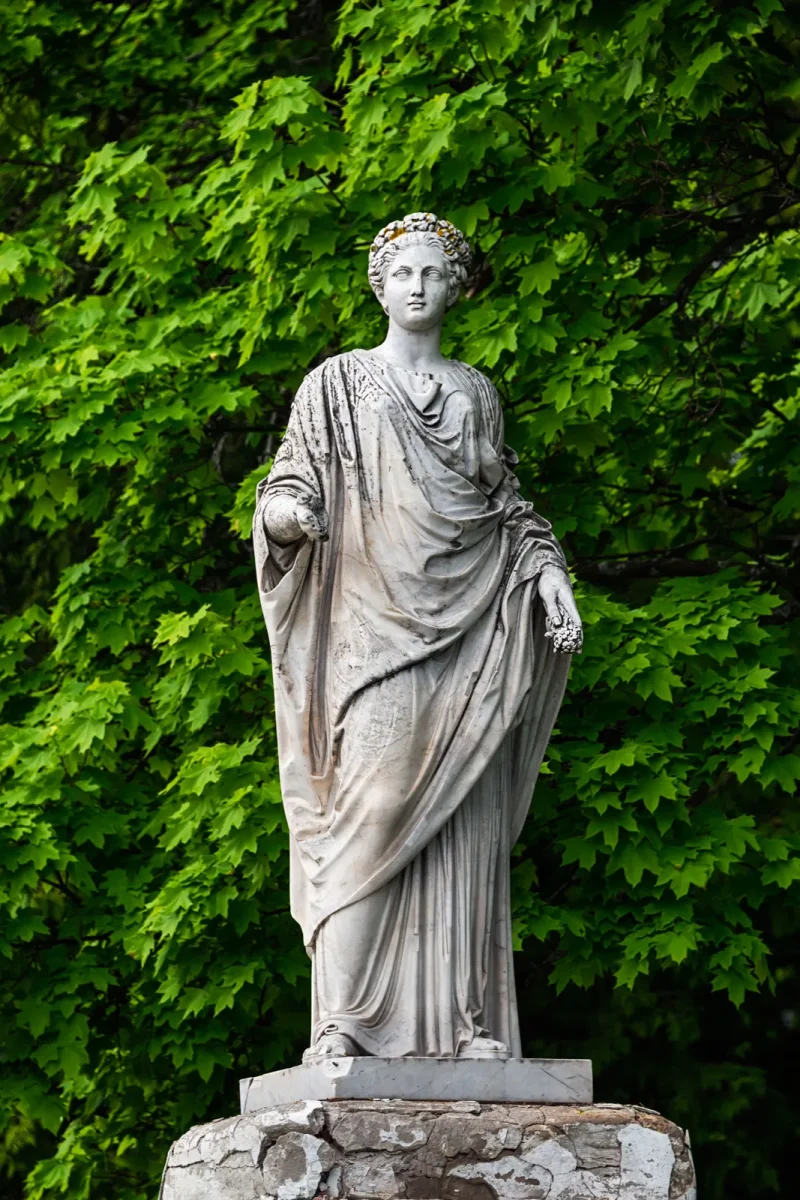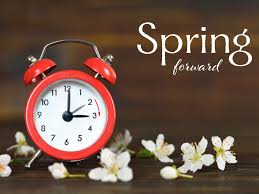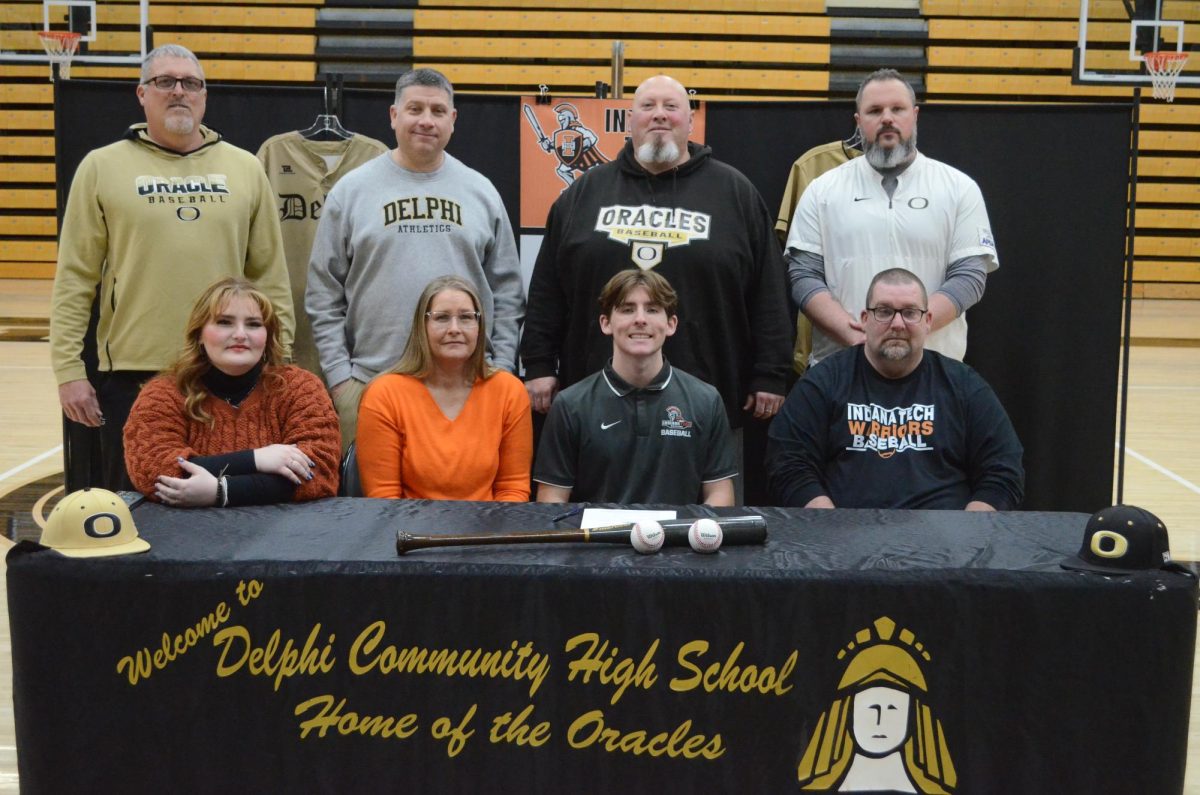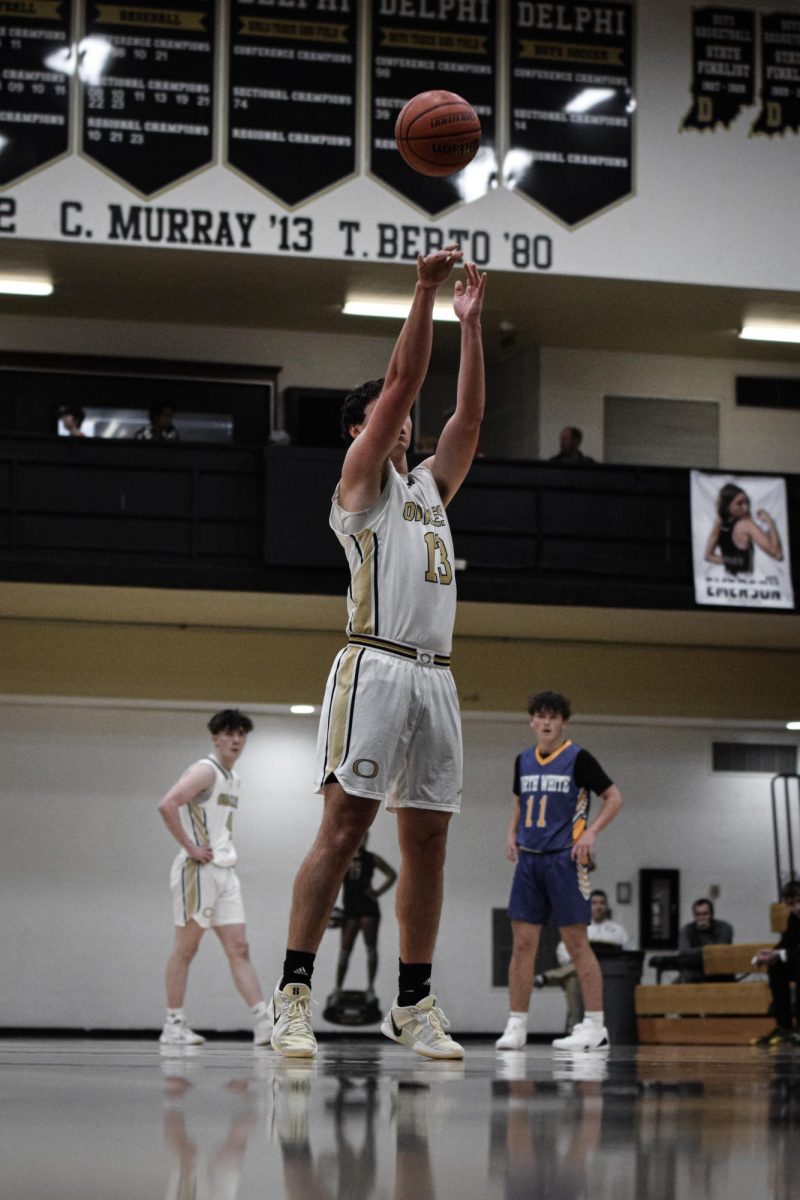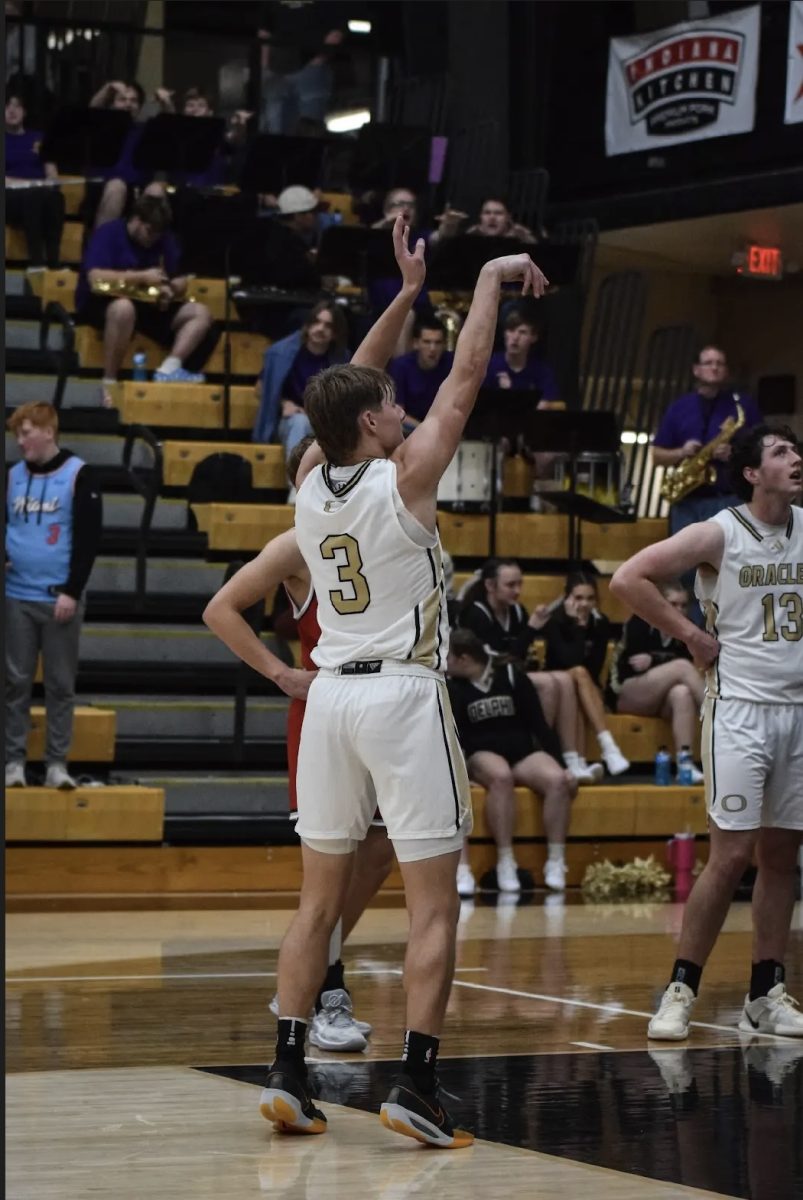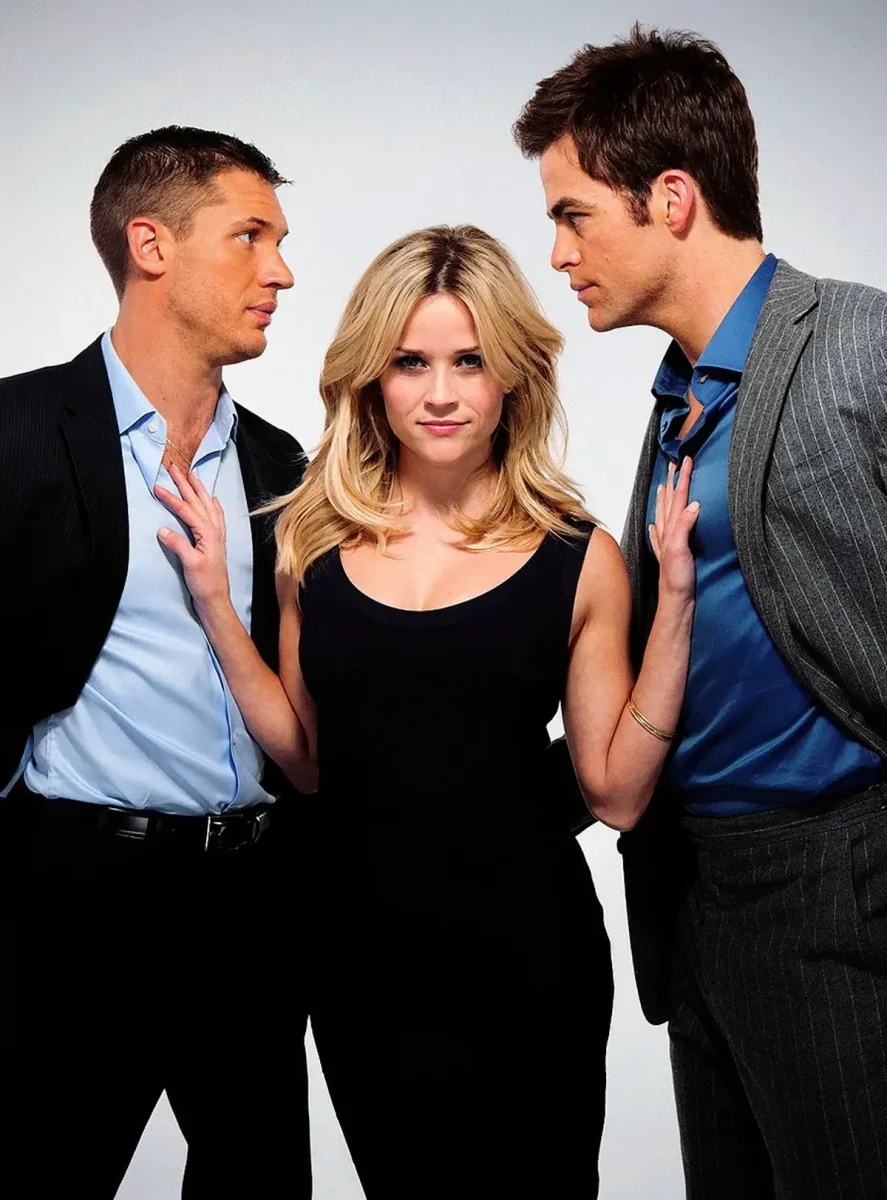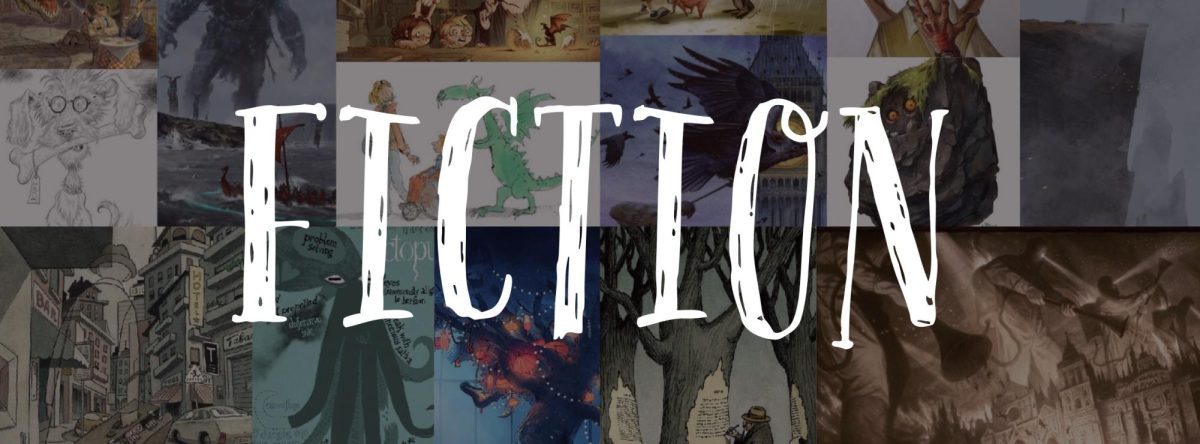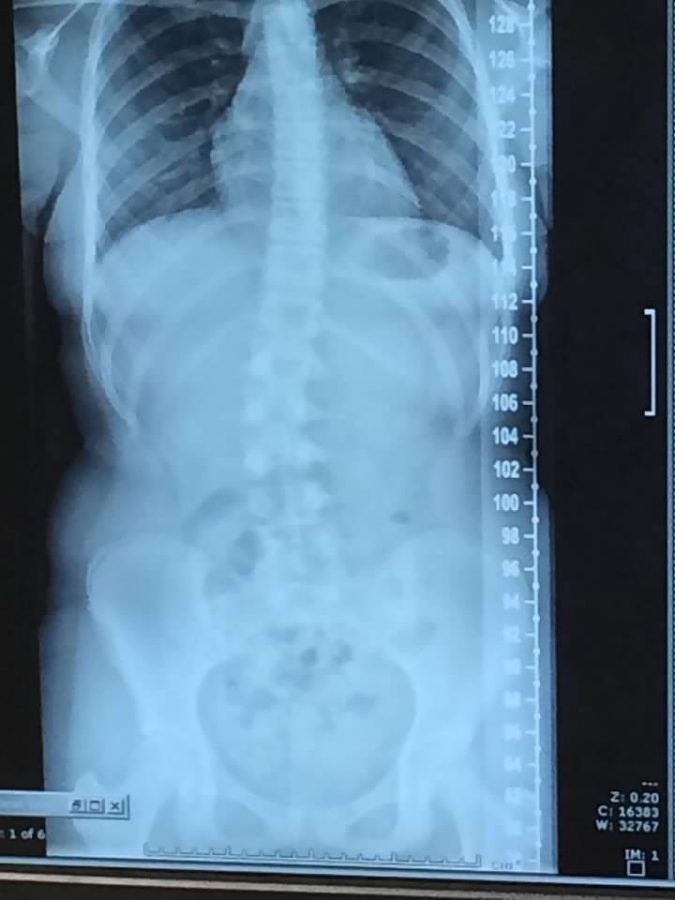My experience with ableism
X-Ray of my spine from November 2018.
In sixth grade, I was diagnosed with scoliosis, kyphosis, and lordosis. I had to wear a brace that extended from right below my collarbone to my hips. I had to have a classmate assist me to even use the restroom, which was humiliating for me. Despite the physical pain I experienced, my mental health suffered the worst.
I was affected most by the negative comments others would say about me when they thought I couldn’t hear. I was in the bathroom one time when someone saw my brace sitting in the corner and whispered, “I wonder if she knows people only want to be friends with her because of her condition.” I went home from school that day feeling defeated and hopeless.
I am fully aware that my experiences are incomparable to the discrimination that people with disabilities face daily. However, my experiences opened my eyes to the lack of awareness within society about disabilities. So, here is my advice: don’t treat people with disabilities like they need to be “fixed”. There was absolutely nothing I could do about my diagnosis. I had to suck it up and wear the brace. People said things like: “So the brace is fixing you, right? So you’re not like that later in life?” No. The brace wasn’t fixing me as a person. Was it correcting the curvature in my spine? Yes. But implying that my brace was fixing me as a human being, whether it was intentional or not, was demeaning and insulting to hear every day.
In order to understand the power behind our words and how they might be perceived by others, we must first have empathy. The ability to empathize is vital when it comes to understanding what others are going through. This includes confronting our own implicit biases or internalized ableism that we may not even be aware of. However, being conscious of our language and putting ourselves in others’ shoes is the only way to defeat such discriminatory structures within society.
While there were some students that definitely tried their best to make me feel comfortable at school, it seemed like others intended to do everything but. I was bullied because of my spinal deformities and even as I write that now as a senior in high school, it is still hard for me to face. I have tried to forget a lot of the pain from those years, but I can’t deny that it made me who I am today.
There’s no denying that ableism and the stigma surrounding disabilities exists within our country today. From people with disabilities losing benefits if they get married to the lack of accessibility and resources for people with disabilities, there is much work to be done. However, I remain hopeful that, one day, change will come.
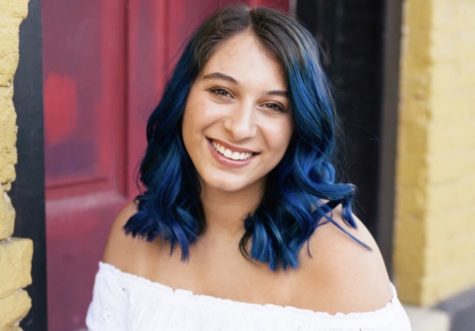
Cynthia Rossi is a senior at Delphi Community High School. She is a member of the dance team, Entertainers, National Honor Society, and drama department....





